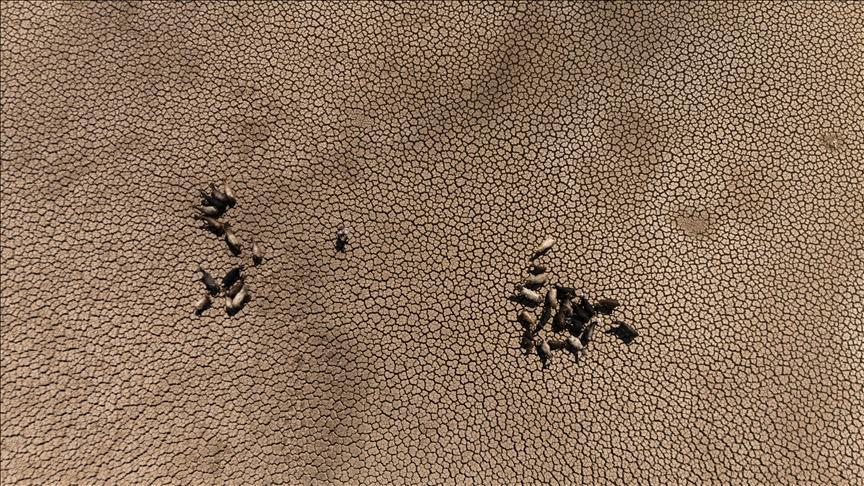Africa-Press – Mozambique. The International Court of Justice (ICJ) ruled on Wednesday that states can be held accountable for climate harm, a decision that some experts believe will shape future climate lawsuits around the world.
“This is the first time that the world’s highest court – the International Court of Justice – addresses the legal obligations of states with respect to climate change,” Christina Voigt, a law professor at the University of Oslo told Anadolu.
In a case brought by Vanuatu, a Pacific island nation threatened by rising sea levels, the International Court of Justice ruled that states have an obligation to protect the environment from greenhouse gas emissions and must act with due diligence and cooperation to fulfill this duty.
The ICJ said that states listed in Annex I to the UN Framework Convention on Climate Change have additional responsibilities to lead efforts by limiting emissions and improving carbon sinks and reservoirs.
Voigt said she believes the decision is significant because it clarifies states’ climate responsibilities under international treaties and customary law, thereby ensuring effective climate action.
The court also emphasized the importance of cooperation among states in achieving the goals of the UN Climate Convention, as well as compliance with the Kyoto Protocol’s provisions.
Voigt said the case drew an “unprecedented high number of participating states and international organizations” in both written and oral stages and that it is also known as the “biggest case in the world” due to extremely high expectations.
Moreover, the ICJ ruled that states under the Paris Agreement must take adequate steps to help meet their temperature targets.
‘Court sided with the Global South’
The advisory opinion also cited major treaties such as the Ozone Layer Conventions, the Convention on Biological Diversity, and the Desertification Convention, emphasizing their importance, particularly in drought-affected African countries.
The ICJ “has the possibility to answer the questions… in a manner that takes into account various sources of international law,” Voigt said. “Thus, it can create harmony and consistency in international law.”
“The court applied not only the UN climate treaties but also human rights law, the law of the sea, and customary international law,” Voigt added, emphasizing states’ parallel duty to exercise strict due diligence in addressing climate change.
“The court essentially sided with the Global South and small island developing states,” Jorge Vinuales, a professor of law and environmental policy at the University of Cambridge, told Anadolu.
He said the court concluded that what is regulated is conduct, encompassing “not only emissions of greenhouse gases but also production of fossil fuels (and) fossil fuel subsidies.”
“Climate justice is governed by the general international law of state responsibility, which provides solutions for the recurrent arguments leveled to escape liability for climate harm,” he said.
“Today’s finding is huge! It will require more unpacking, discourse, and reflection – and, most importantly, action,” Voigt emphasized.
She further said the opinion made clear that “those states with the capacity to act and with high responsibility for greenhouse gas emissions” have a duty to act with enhanced due diligence.
For More News And Analysis About Mozambique Follow Africa-Press






